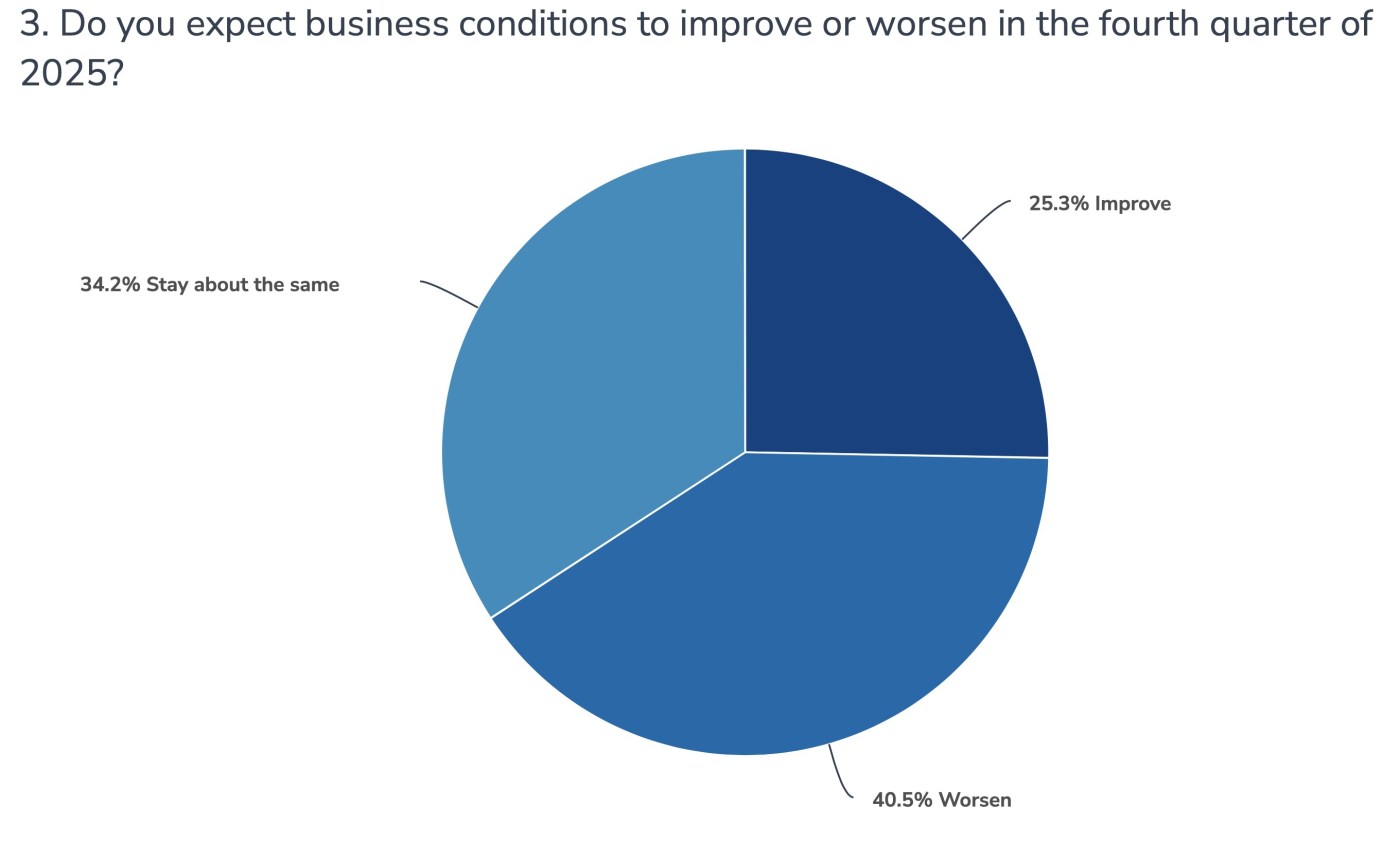UPDATE: New research from consumer group Which? reveals a shocking rise in AI-powered scams targeting consumers, particularly through deepfake videos on platforms like YouTube. These sophisticated scams feature fake endorsements from trusted figures, including financial journalist Martin Lewis and UK Prime Minister Kier Starmer, misleading viewers into investing in fraudulent schemes.
Just announced: Which? is calling on the UK government to impose stricter regulations on Big Tech companies, urging them to take immediate action against this alarming trend. The consumer group has identified numerous deepfake videos that falsely present these scams as government-backed and “risk-free,” emphasizing the urgent need for tech companies to enhance their fraud detection measures.
AI impersonation scams have surged dramatically in 2025, making them increasingly difficult to detect. This new wave of fraud is exploiting the rapid advancements in technology, putting countless consumers at risk. According to Which?, about 20% of individuals who invest online trust the advice of influencers, raising significant concerns about the potential for financial loss.
“AI is making it much harder to detect what’s real and what’s not,” warns Rocio Concha, Director of Policy and Advocacy at Which?. “Fraudsters know this—and are exploiting it ruthlessly.” She stresses that Big Tech platforms are failing to protect users from these scams, leaving them vulnerable to exploitation.
The Financial Conduct Authority has issued general warnings regarding unchecked financial influencers, but the effectiveness of these warnings is undermined by the prevalence of deepfake content. The UK government must act decisively, according to Which?, ensuring that the forthcoming fraud strategy includes stringent measures to hold Big Tech accountable.
In response to the growing threat, YouTube has introduced a tool allowing creators to flag AI-generated video clones. While this initiative does not specifically target deepfake financial fraud, it represents a potential step forward in combating misleading content online.
As AI technology continues to evolve, so do the tactics of fraudsters. Criminals can now easily create counterfeit websites that mimic reputable news outlets such as Which? and BBC, further complicating efforts to protect consumers.
What’s next: Consumers are urged to be vigilant and thoroughly verify content before taking action based on online recommendations. Always ensure that you are viewing official channels with secure links and legitimate websites.
The stakes are high, and the implications for consumers are severe. As Which? advocates for stronger regulations, the urgency for action has never been greater. Stay informed, stay safe, and share this critical information to help protect others from falling victim to these dangerous scams.







